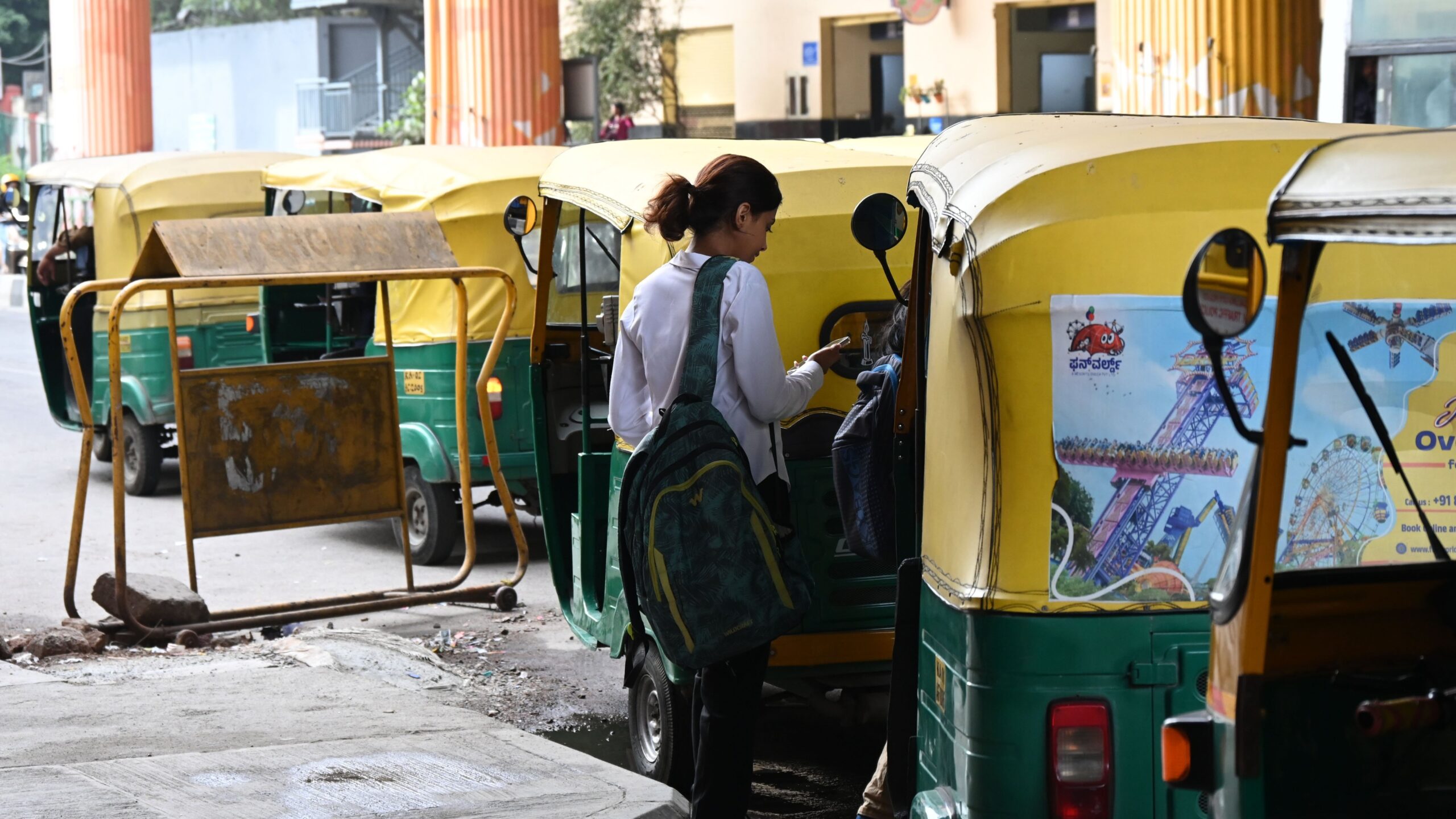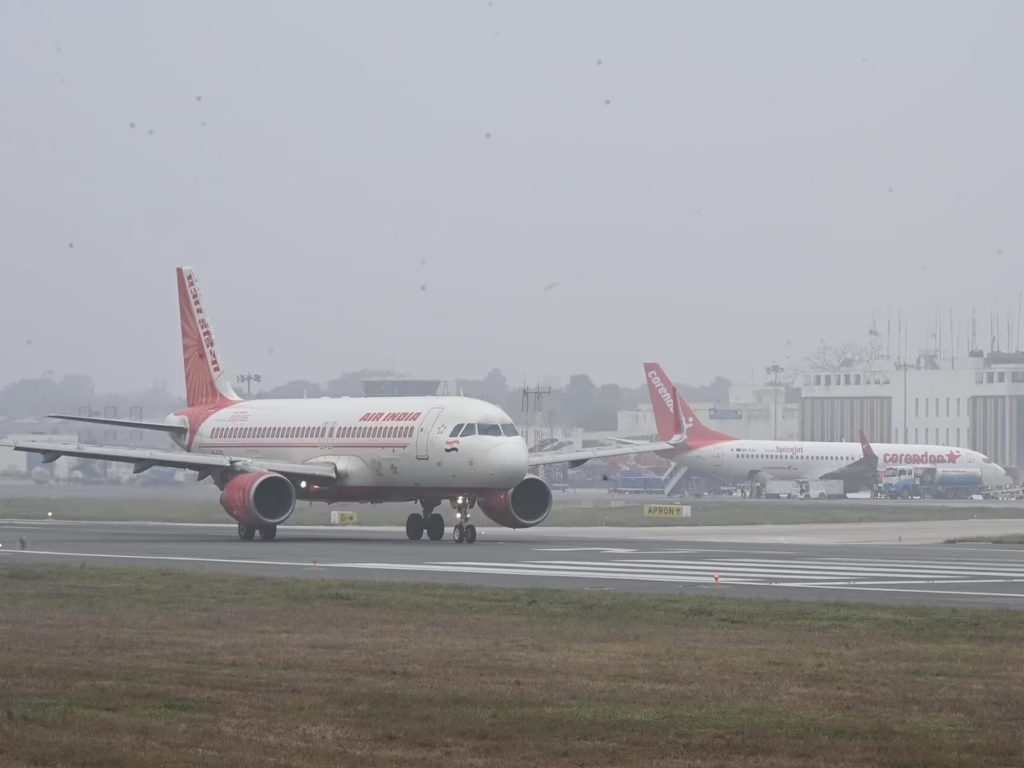Now Reading: Auto Fares Surge in Bengaluru After Bike Taxi Ban, Daily Commuters Hit Hard
-
01
Auto Fares Surge in Bengaluru After Bike Taxi Ban, Daily Commuters Hit Hard
Auto Fares Surge in Bengaluru After Bike Taxi Ban, Daily Commuters Hit Hard

The sudden ban on bike taxis in Bengaluru has led to a sharp rise in auto-rickshaw fares, leaving daily commuters frustrated and financially strained. With limited affordable transport alternatives, many residents are now caught between long waiting times, inflated fares, and fewer travel choices—especially affecting students, office-goers, and low-income workers in Tier 2 pockets of the city.
Bike Taxi Ban Shakes Up Daily Commute
Following the Karnataka government’s decision to ban bike taxi services citing regulatory concerns, commuters across Bengaluru have reported an immediate spike in auto fares. Many ride-hailing app users, who relied on cheaper two-wheeler options, are now forced to depend on autos or cabs, both of which have become costlier.
The ban has particularly affected working-class individuals who used bike taxis for short-distance travel at economical rates. These services were especially popular in congested areas and among tech employees in outer Bengaluru zones.
Auto-Rickshaw Drivers Seize Opportunity
With bike taxis off the road, auto drivers are reportedly demanding higher fares even for short distances. Several commuters have complained about being overcharged, refusal to go by meter, and long waits during peak hours.
Auto unions, on the other hand, argue that the demand-supply gap has increased pressure on their services and justify the surge as a natural market response. However, commuters say the absence of strict regulation is allowing arbitrary fare hikes.
Impact on Tier 2 and Low-Income Areas
For residents in Bengaluru’s expanding outskirts—home to many Tier 2 city migrants—the ban has worsened already unreliable transport options. Students, gig workers, and low-salary employees are spending more on travel, with some considering walking or using bicycles as alternatives.
This development has also impacted last-mile connectivity for metro users and those traveling to industrial areas like Peenya, Bommasandra, and Whitefield.
Commuters Demand Alternatives and Clarity
Public demand is growing for the government to either regulate bike taxis rather than ban them outright or offer clear, affordable transport alternatives. Urban transport activists have stressed the need for sustainable micro-mobility policies that balance safety, regulation, and accessibility.
Meanwhile, several bike taxi service providers are exploring legal and policy solutions to resume operations or transition into e-bike services.
Conclusion:
The bike taxi ban in Bengaluru has triggered a transport crisis for daily commuters, highlighting gaps in urban mobility planning. Unless immediate steps are taken to ensure affordable and accessible alternatives, the impact may widen, especially for middle and lower-income groups across city fringes and Tier 2 zones. The situation calls for thoughtful regulation rather than blanket bans.
























